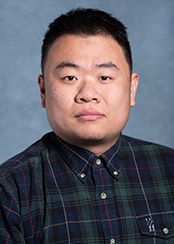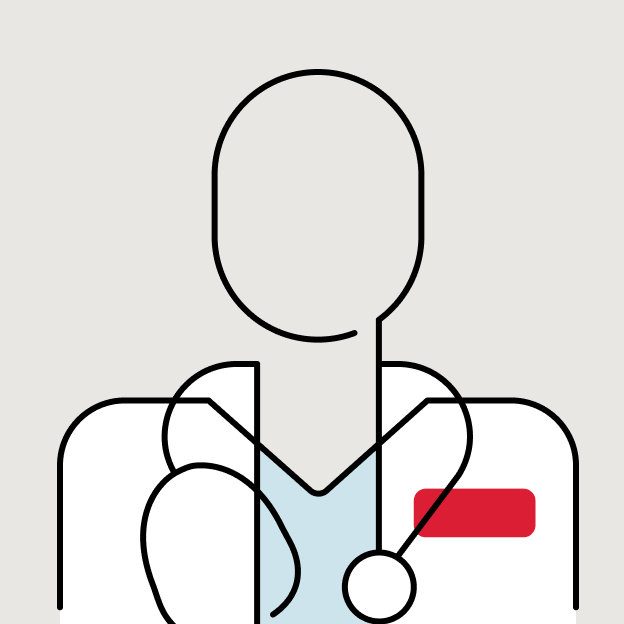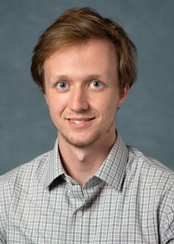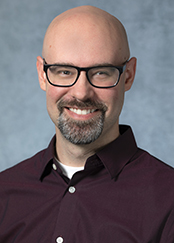Lab Members

Xianglun (Vincent) Mao, PhD, earned his master’s and doctorate in electrical and computer engineering from Purdue University. He has been working on RF pulse design and image reconstruction on parallel transmit MRI systems, susceptibility weighted imaging (SWI) and multi-parametric mapping in brain. His current research interests include quantitative 2D/3D MR imaging in brain/heart and novel MRI acquisition techniques.

Zihao Chen received his bachelor of science in engineering physics from Tsinghua University in Beijing, China. He is a PhD student at the UCLA bioengineering department since September 2019. His current research is related to deep-learning application in MRI reconstructions.

Fardad Michael Serry received master’s degrees in physics, electrical engineering/computer science, and magnetic resonance in medicine, respectively, from the University of New Mexico, the University of Illinois, and Cedars-Sinai. His research involves a novel method of transmit magnetic field (B1+) corrected relaxometry, applied first for ECG-free, free-breathing T1 mapping in the heart with magnetic resonance multitasking. This method also produces a (co-registered) map of spin history, reflecting the extent of exposure over time of tissues to B1+ pulses during the same scans, and is being investigated for clinically useful information pertaining to flow, perfusion and respiration.

Matthew Dausch earned his bachelor’s degree in biomedical engineering from North Carolina State University in 2018 and is currently a second-year student earning his MS in magnetic resonance in medicine at Cedars-Sinai. His research interests are centered around using multitasking in magnetic resonance imaging (MRI) to study the progression and diagnosis of amyotrophic lateral sclerosis (ALS) using quantitative parameters.
